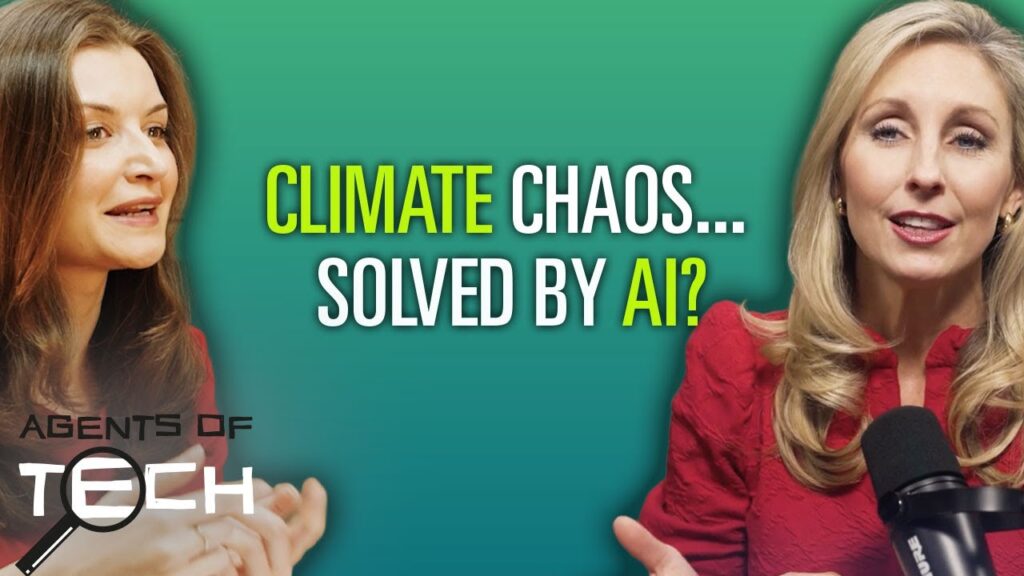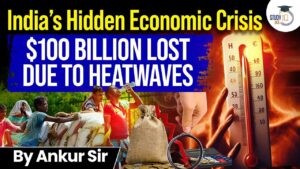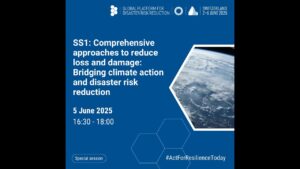
Can AI help us survive extreme weather and climate change—or is it part of the problem?
In this episode of Agents of Tech, we speak to Professor Auroop Ganguly, Director of AI for Climate and Sustainability at Northeastern University, about how artificial intelligence is being used to predict disasters, improve infrastructure resilience, and shape sustainable climate policy.
🌀 We discuss:
• How AI predicts floods, wildfires, and extreme weather
• The rising energy cost of AI and the push for green computing
• Challenges in low-data regions and climate modelling
• Why AI needs governance to support sustainability goals
• Using AI to build infrastructure that can withstand climate shocks
🚨 AI is powerful, but not a magic bullet. Tune in for a grounded look at the promises, limits, and risks of AI in the climate fight.
📍 Guest: Professor Auroop Ganguly, Northeastern University
🎙️ Hosts: Autria Godfrey & Laila Rizvi
📺 Produced by WebsEdge
🔗 Subscribe for more on the future of AI, climate tech, and innovation.
#ClimateChange #AI #Sustainability #ClimateTech #AuroopGanguly #GreenComputing #DisasterResilience #AgentsOfTech #ExtremeWeather #MachineLearning #AIClimateModels #TVA #FloodPrediction #ClimateAdaptation #NetZero #AIethics #aigovernance
CHAPTERS
00:33 – The climate crisis and the AI dilemma
01:30 – Can AI help or harm the planet?
02:45 – Guest intro: Professor Auroop Ganguly
04:10 – How AI supports climate resilience
06:00 – Case study: NASA-funded flood prediction with AI
08:30 – Improving infrastructure with predictive models
10:00 – AI’s limits in reducing emissions
11:45 – Can DeepSeek lead to greener AI?
13:00 – Making climate models more accurate with AI
15:30 – The Global South’s data gap problem
17:20 – Using transfer learning in low-data regions
18:40 – Combining AI with physics for better predictions
20:00 – The energy demands of AI explained
22:00 – Why governance matters for sustainable AI
23:30 – AI’s role in shaping future climate policy
25:00 – Risks of bias in disaster AI systems
26:30 – Innovation, equity, and evolution over revolution
28:00 – Hosts’ reflections: What we learned
https://www.nature.com/articles/s41467-023-35968-5
source



